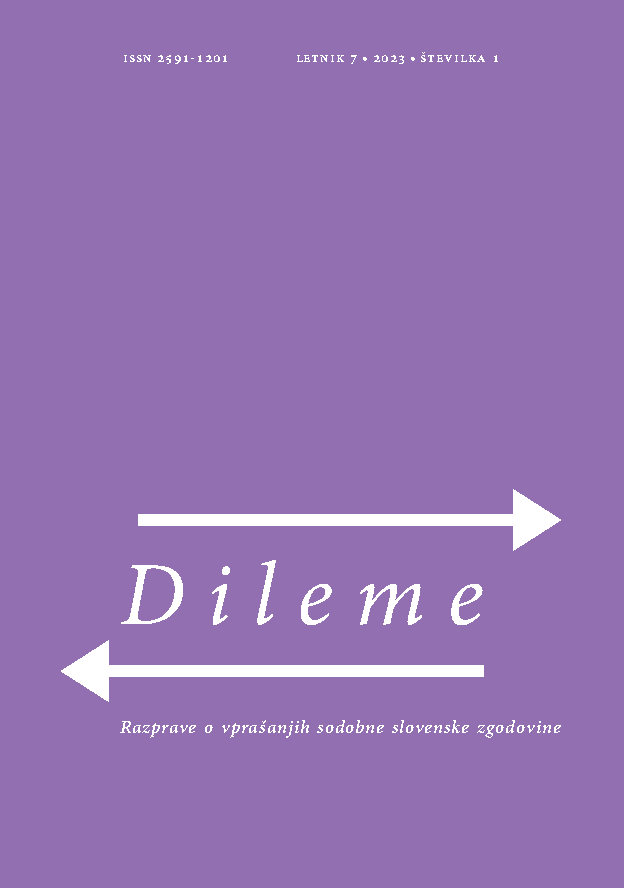„Jugoslavija je kuća koja se ruši”: Prikazivanje sukoba sa Informbiroom u jugoslovenskoj kinematografiji osamdesetih godina – istorijska analiza
“Yugoslavia Is a House Falling Down”: Depiction of the Dispute with the Cominform in Yugoslav Cinematography of the 1980s – Historical Analysis
Author(s): Davor StipićSubject(s): Cultural history, Post-War period (1950 - 1989), History of Communism, Cold-War History
Published by: Študijski center za narodno spravo
Keywords: Cominform; Yugoslavia; film; Tito; socialism; Cold War;
Summary/Abstract: In Yugoslavia, the 1980s were a period of economic and political crisis, but also a time of a gradual liberalisation of the society and the start of its movement towards a multiparty system and breakup. By easing impediments of censorship in culture, which was the domain of the ruling communist party, the League of Communists of Yugoslavia (ZKJ), a space opened up for artists to raise some traumatic and problematic topics from the Yugoslav past, such as Goli Otok and the clash with the Cominform. The manner in which these topics were addressed in 1980s Yugoslav films suggests that the influence of ZKJ over cultural and social life was waning, but also that the Party still tried to promote its version of the past with propaganda films such as Visoki napon (High Voltage). Accordingly, this article represents a contribution to studying and understanding the social and political situation in the final decade of socialist Yugoslavia, as viewed through the lens of cultural history.
Journal: Dileme: razprave o vprašanjih sodobne slovenske zgodovine
- Issue Year: 7/2023
- Issue No: 1
- Page Range: 191-222
- Page Count: 32
- Language: Serbian

